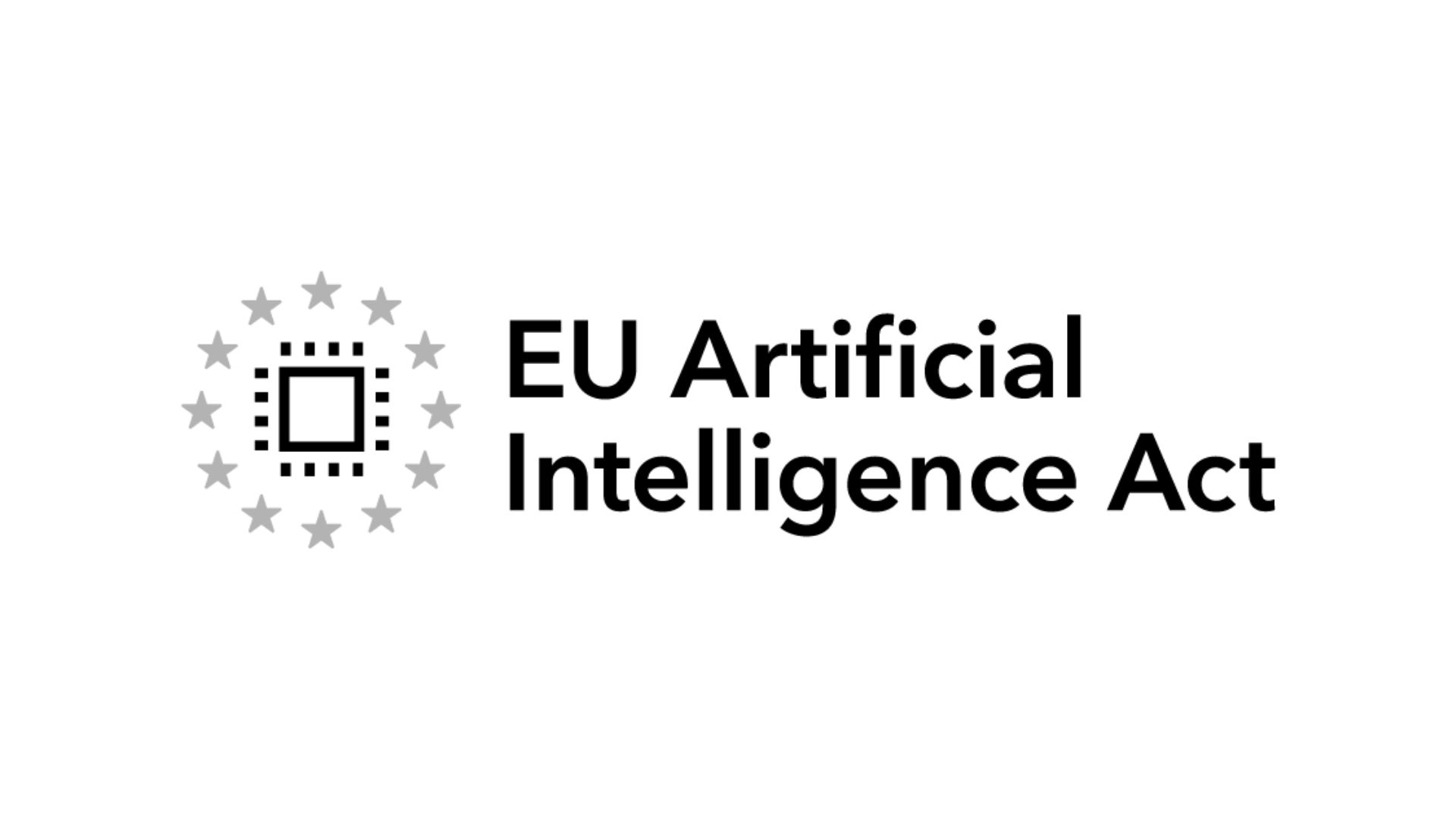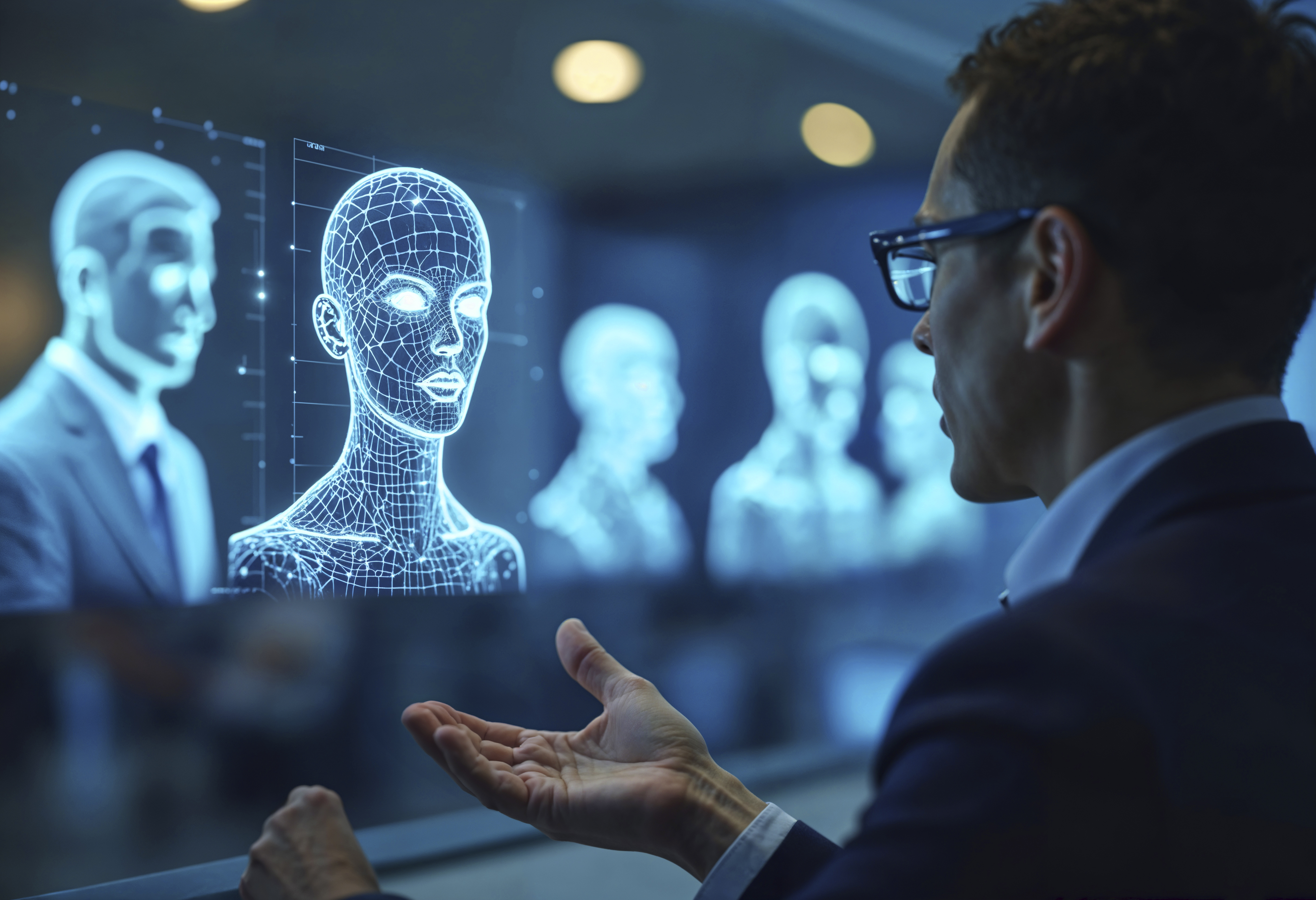Meta is preparing to introduce its Oakley Meta HSTN smart glasses to the Indian market as part of a new effort to bring AI-powered eyewear to a broader audience.
A launch that begins on 1 December and places the glasses within a growing category of performance-focused devices aimed at athletes and everyday users who want AI built directly into their gear.
The frame includes an integrated camera for hands-free capture and open-ear speakers that provide audio cues without blocking outside sound.
These glasses are designed to suit outdoor environments, offering IPX4 water resistance and robust battery performance. Also, they can record high-quality 3K video, while Meta AI supplies information, guidance and real-time support.
Users can expect up to eight hours of active use and a rapid recharge, with a dedicated case providing an additional forty-eight hours of battery life.
Meta has focused on accessibility by enabling full Hindi language support through the Meta AI app, allowing users to interact in their preferred language instead of relying on English.
The company is also testing UPI Lite payments through a simple voice command that connects directly to WhatsApp-linked bank accounts.
A ‘Hey Meta’ prompt enables hands-free assistance for questions, recording, or information retrieval, allowing users to remain focused on their activity.
The new lineup arrives in six frame and lens combinations, all of which are compatible with prescription lenses. Meta is also introducing its Celebrity AI Voice feature in India, with Deepika Padukone’s English AI voice among the first options.
Pre-orders are open on Sunglass Hut, with broader availability planned across major eyewear retailers at a starting price of ₹ 41,800.
Would you like to learn more about AI, tech and digital diplomacy? If so, ask our Diplo chatbot!










